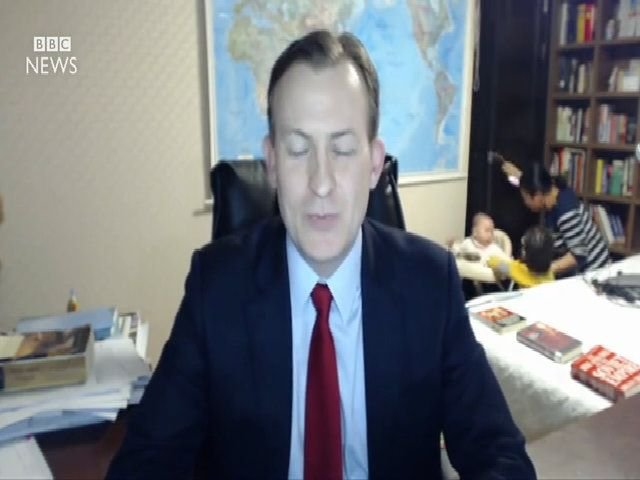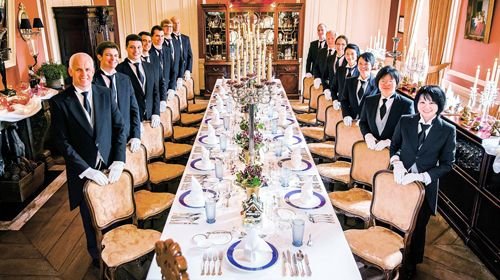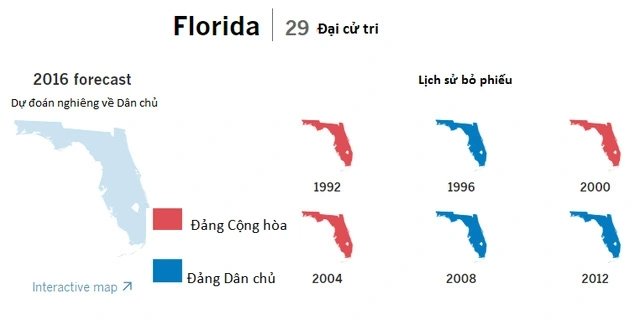
The professor’s wife whose young child interrupted the interview was mistaken for a nanny
The video recording the `half crying, half laughing` situation of Mr. Kelly, professor of Political Science at Pusan National University, Korea, on March 10 has spread rapidly online in recent days.
At that time, he was providing expert analysis on the BBC’s live program about the ouster of South Korean President Park Geun-hye when his two daughters suddenly rushed into the room.
The eldest daughter innocently walked up to her father with a toy in her hand.
A few seconds later, a disheveled Asian woman rushed into the room and quickly pulled both children out.

Mr. Kelly’s wife was the one who pulled the two children out of the room.
Attracting hundreds of thousands of views in just a few hours, in addition to two cute children interrupting their father’s interview, many viewers also noticed and commented on the woman in the video.
According to Next Shark, most of them assumed it was Mr. Kelly’s family babysitter.
`This nanny will probably be fired. He was so tough with his daughter, you know how he will scream at that woman later ,` one person commented.
Time newspaper, in an article, called this woman a `crazy nanny`, another British newspaper also referred to her as a `terrified nanny`.
During the show Saturday Night Takeaway on the ITV channel, the two hosts when joking about Mr. Kelly’s above incident also called Jung-a Kim a nanny.
`I think you should know that it’s the professor and his wife. Not the babysitter!`, one person wrote.

Mr. Robert Kelly with his wife, Jung-a Kim, and eldest daughter.
According to Phil Yu, a Korean-American blogger and owner of the popular blog Angry Asia Man, the fact that many people assume that the woman in the video is a nanny is due to a bias ingrained in their minds.
`People often picture Asian women as submissive, passive, and in some service jobs,` he said.
Phil Yu didn’t make this mistake when he first watched the video.
Many online users believe that it is time for everyone to review the bias in their thinking.








